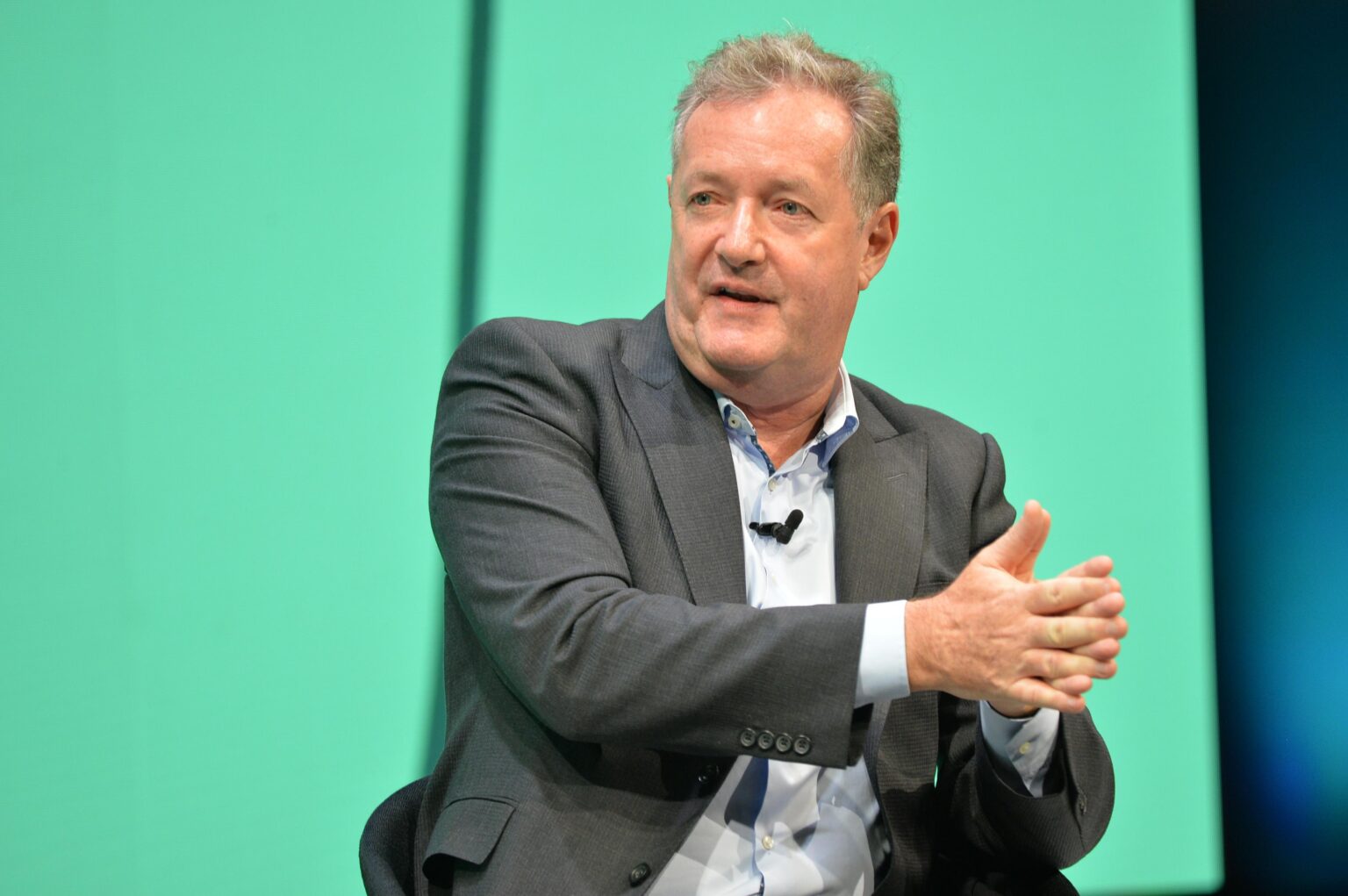Piers Morgan has weighed in following a recent proposal by a prominent politician advocating for a “gender neutral” approach to the 2028 Summer Olympics in Los Angeles. The suggestion, aimed at redefining traditional gender categories in the world’s foremost sporting event, has sparked widespread debate across social and media platforms. As conversations intensify around inclusivity and fairness in sports, Morgan’s response adds a fresh dimension to the evolving discourse ahead of the global gathering.
Piers Morgan Addresses Controversy Surrounding Gender Neutral Olympics Proposal
Piers Morgan didn’t hold back in response to the recent political proposal suggesting the 2028 Los Angeles Olympics should adopt a “gender neutral” format. Speaking candidly on his social media platforms, Morgan expressed skepticism about the feasibility and fairness of removing traditional male and female categories in such a high-profile sporting event. He questioned whether this approach could impact the competitive integrity of the Games, emphasizing the importance of clear classifications to ensure level playing fields for all athletes.
Morgan’s reaction highlighted several key concerns surrounding the proposal:
- Potential disruption to established Sporting regulations and athlete preparation.
- Views from traditional sports fans who may struggle to accept such a paradigm shift.
- Challenges for governing bodies in maintaining fairness and safety standards.
| Aspect | Morgan’s Commentary |
|---|---|
| Fairness | “Essential to preserve clear gender divisions.” |
| Implementation | “Would require drastic rule overhauls.” |
| Audience reception | “Likely to spark widespread debate.” |
Analysis of Political Motivations Behind the 2028 LA Games Gender Policy Initiative
The push for a gender-neutral policy at the 2028 Los Angeles Olympics transcends the realm of sports, reflecting deep-rooted political currents aiming to redefine traditional notions of gender and inclusion on the global stage. Behind the initiative lies a complex interplay between progressive lawmakers seeking to champion inclusivity and conservative factions wary of the potential impact on athletic competition. Many supporters frame the policy as a bold move to ensure equality, while critics argue it risks politicizing an event historically celebrated for clear-cut categories and fairness. This ideological tug-of-war exposes how the Olympics have become a symbolic battleground for broader cultural debates about identity and representation.
Observers highlight several key political motivations driving this initiative:
- Advancing LGBTQ+ rights: Political leaders view the Olympic platform as an opportunity to endorse and normalize gender diversity, aligning with wider social movements.
- Appealing to younger voters: Embracing progressive gender policies resonates with millennial and Gen Z demographics, often prioritized by politicians seeking electoral gains.
- International positioning: Advocates aim to project the U.S. as a global leader in human rights, reinforcing soft power through symbolic gestures.
The following table highlights contrasting political viewpoints shaping the debate:
| Political Faction | Primary Concerns | Olympic Gender Policy Stance | |||||||||||||||||
|---|---|---|---|---|---|---|---|---|---|---|---|---|---|---|---|---|---|---|---|
| Progressive | Inclusion, diversity, human rights | Strongly supportive of gender neutrality | |||||||||||||||||
| Conservative |
| Political Faction | Primary Concerns | Olympic Gender Policy Stance |
|---|---|---|
| Progressive | Inclusion, diversity, human rights | Strongly supportive of gender neutrality |
| Conservative | Fair competition, tradition, biological distinctions | Opposed due to concerns over fairness and category integrity |
Expert Recommendations for Balancing Inclusivity and Competitive Integrity in Future Sporting Events
Leading voices in the sports community emphasize the importance of developing frameworks that uphold both inclusivity and the sanctity of fair competition. Experts suggest that any move towards gender-neutral categories must be accompanied by rigorous, science-based criteria that ensure athletes compete on an even playing field. This involves implementing standardized biometric assessments and crafting adaptive classification systems designed to respect identity while maintaining performance equity.
Among the key recommendations, specialists advocate for:
- Enhanced collaboration between sporting federations, medical experts, and advocacy groups to create transparent policies
- Regular review and adaptation of eligibility guidelines based on evolving scientific data
- Investment in education programs promoting diversity awareness across all competitive levels
- Integration of technology to monitor fairness without compromising athletes’ privacy
| Recommendation | Impact |
|---|---|
| Standardized Biometric Assessments | Ensures fair competition criteria |
| Collaborative Policy Development | Balances inclusivity with integrity |
| Diversity Education Programs | Promotes long-term cultural change |
| Technological Fairness Monitoring | Protects athlete privacy while ensuring equity |
In Conclusion
As discussions around the proposed ‘gender neutral’ 2028 Olympics continue to unfold, Piers Morgan’s response highlights the broader debate surrounding tradition, inclusivity, and the evolving landscape of competitive sports. With the Los Angeles Games still several years away, stakeholders from athletes to policymakers will undoubtedly scrutinize and shape the future of the event. This latest exchange underscores the complex challenges faced as the Olympic movement seeks to balance progress with legacy in an increasingly diverse world.

